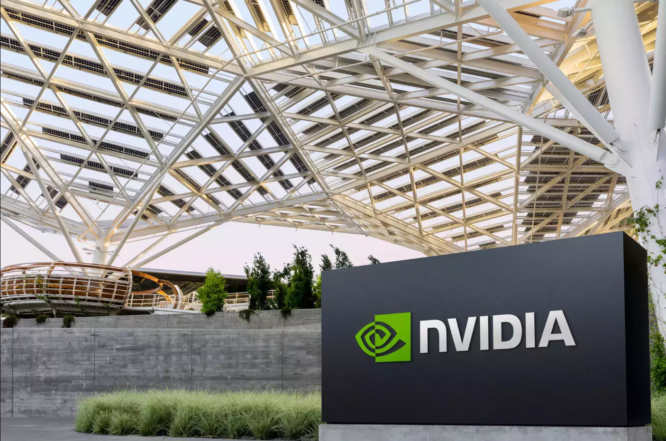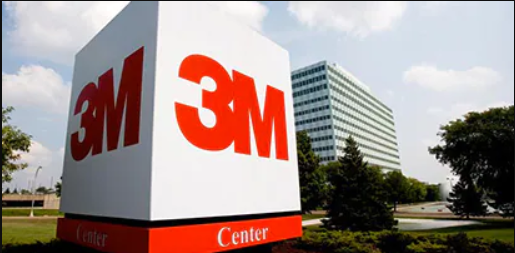After years of turmoil, UK tech firm Arm will pursue a standalone US listing. It represents changing globalism views, particularly in science and technology.
After repeated attempts, London was rebuffed. The ruling pushes UK policymakers to reassess digital startup, growth, and scaling strategies.
One lesson is that the UK government should continue to create policies that support scaling up strategically important start-ups that support the country’s wider agenda as a dynamic economy that builds on its strong scientific traditions, rather than “strong Arming” one company to list in London, however important Arm may be.
UK prime minister Rishi Sunak’s call for founders and investors to have more control through dual-class share structures is exactly what the UK government needs to scale more homegrown technology companies that want to list in London on a stock market too long dominated by financial companies and slow-growing sectors.

UK science and entrepreneurship should celebrate Arm’s success.
The UK should encourage enterprises in semiconductors, chips, climate tech, and life sciences, which demand patient capital and dedicated investors.
Policymakers and activists must recall that globalized policies benefitted Arm. Arm’s global connections and US growth helped it become a major player.
Policymakers, investors, and people must be cautious when globalism swings away. Technology should be shielded from enemies. Protecting and divorcing technology from our friends would eventually impede innovation.
Policymakers must ask: when and when does technological sovereignty matter? Technology sovereignty with allies: how?
Arm had a creative business concept, UK and US financing, and took advantage of global competition to develop and become an important player (with offices in the US and Tokyo at four years old). British ingenuity drives the firm.
After this revelation, the UK should learn from Arm but not focus on it as it moves forward. Policymakers should utilize the lessons learnt to discuss how we develop, grow, and expand London-listed firms and where tech sovereignty ends.



